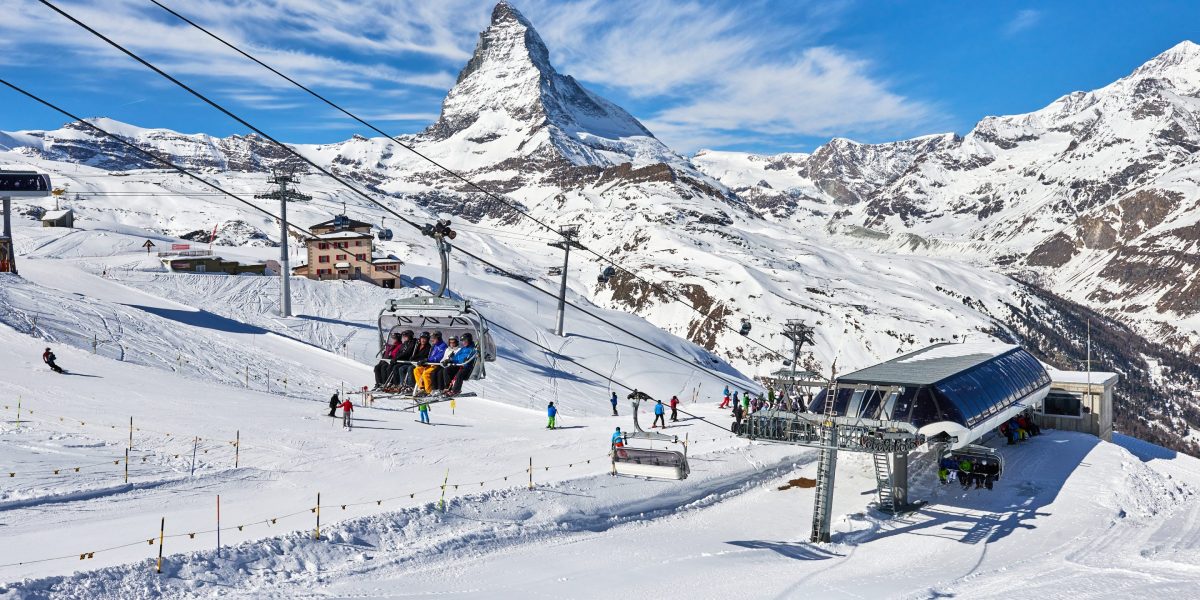Europe’s premier ski resorts face an “existential crisis” over the coming decades as climate change threatens to remove the snow covering their popular slopes permanently.
The World Meteorological Organization (WMO) says that global warming has caused the “zero-degree level” altitude at which snow rests to rise by 250 meters in the last 50 years.
By 2026, the Swiss Climate Change Scenarios CH2018 predicts the level will rise by between 400-650 meters by 2060.
This could jeopardize the current face of ski slopes in Europe’s most popular resorts. The potential for snow only landing above 1,500 meters would wipe out parts of the Swiss resort of Verbier and the French “Three Valleys” resort of Courchevel.
Global warming is causing the Alps’ glaciers to melt at a record pace, threatening precious ecosystems and wildlife in the region. What could follow is an economic disaster if ski-dependent towns lose their main draw.
To counter falling snow levels, resorts are already resorting to artificial snow machines, which contribute further to climate change through their expansive use of energy.
The WMO has launched a new partnership with the International Ski and Snowboard Federation (FIS) to raise awareness of the existential threat to tourism and snow sports.
The FIS is based in the French ski resort of Chamonix, which would also see some of its slopes at risk from rising snow altitude.
“The climate crisis is obviously far bigger than FIS − or sports, for that matter: it is a genuine crossroads for mankind,” said FIS President Johan Eliasch.
“It is true, though, that climate change is, simply put, an existential threat to skiing and snowboarding. We would be remiss if we did not pursue every possible effort that is rooted in science and objective analysis. This is what we are trying to follow and what is at the core of this promising partnership with the WMO.”
Snowfall has become increasingly erratic on Europe’s ski slopes over the last number of decades, particularly those at a lower altitude.
These areas have been popular choices for wealthy travelers in the past, thanks to their cold winters for skiing and hot summers for hiking. But more extreme weather and reduce snowfall leave them in a bind.
Several resorts have been forced to shorten the length of their ski seasons as consistent snow coverage starts later than normal and wains earlier than in the past.
Last year, Knight Frank reported that a growing number of wealthy buyers were purchasing property in the Alps, partly motivated by increasingly hot temperatures closer to the equator.
Three out of the five buyers surveyed by Knight Frank did, however, say they were concerned by the impacts of climate change on their resorts.


